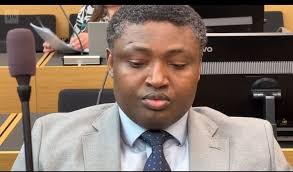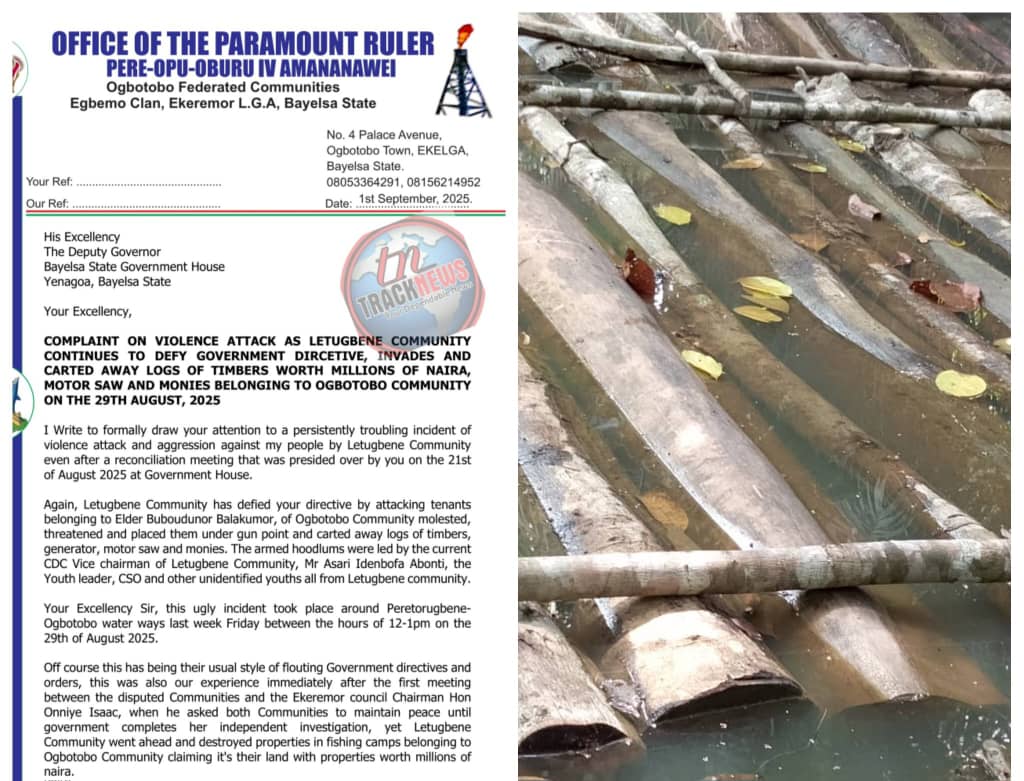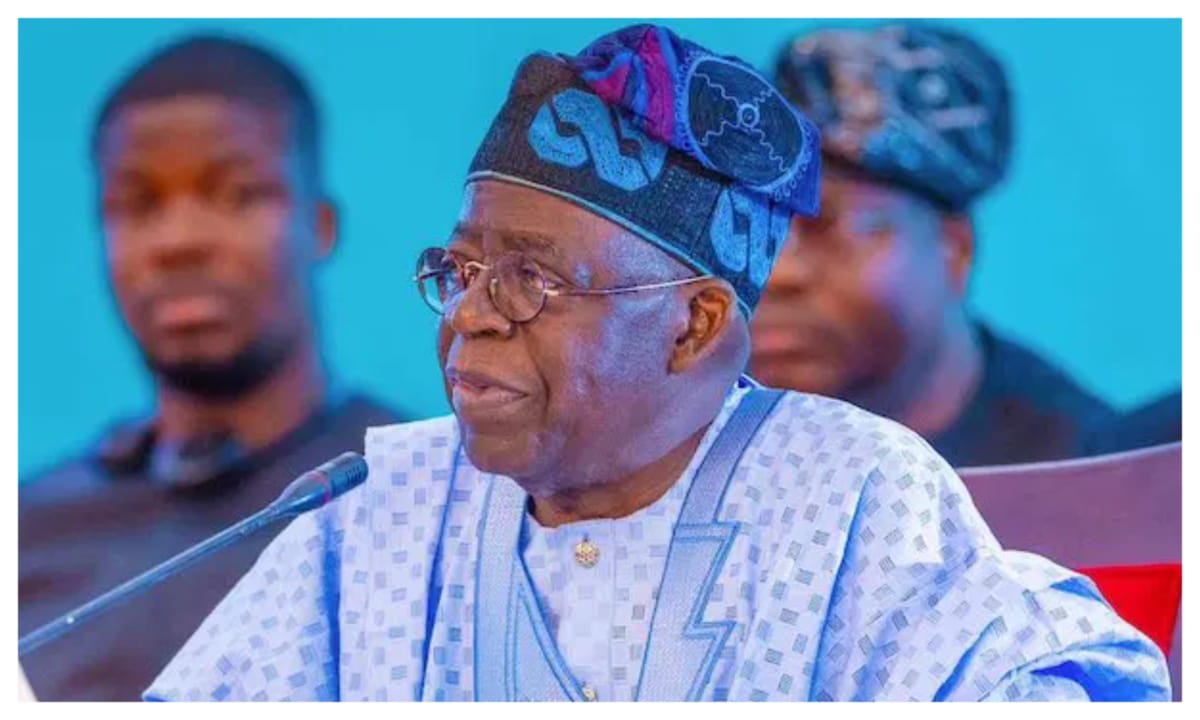The Federal Government of Nigeria has welcomed the judgment of the Päijät-Häme District Court in Finland, which sentenced Simon Ekpa, a self-proclaimed leader of the Indigenous People of Biafra (IPOB) Government in Exile, to six years in prison for terrorism-related offenses.
The verdict, delivered on Monday, September 1, was described by Nigerian authorities as a significant milestone in the fight against extremism and a victory for victims of violence linked to IPOB activities.
In a statement issued by the Minister of Information and National Orientation, Mohammed Idris, the government said the ruling represents a watershed moment for countless Nigerians whose lives and livelihoods were affected by violence allegedly incited and financed by Ekpa. The Minister also emphasized that the outcome demonstrates the commitment of the Finnish judiciary to upholding justice while reinforcing bilateral ties between Nigeria and Finland.
The government noted that Ekpa had, for years, used his platform to encourage violence and instability in Nigeria, actions that resulted in the loss of many lives, destruction of businesses, and widespread fear across affected communities. According to the statement, his activities inflicted deep wounds on families, created orphans, and destabilized communities that were forced to live under constant threat.
Officials highlighted that the ruling validates Nigeria’s long-standing position that Ekpa’s actions constituted terrorism and undermined the nation’s sovereignty. The judgment, they added, also sends a strong message to extremists worldwide that justice will eventually reach those who attempt to destabilize societies through violent agendas.
The government stressed that President Bola Tinubu’s administration remains determined to protect the nation’s unity, peace, and territorial integrity. It reaffirmed its commitment to using diplomatic, military, and judicial measures to defend Nigeria’s sovereignty and safeguard the rights of its citizens against terrorism and insurgency.
The statement further called on individuals influenced by Ekpa’s directives to abandon violence and embrace peace, noting that Nigeria is large enough to accommodate its diverse population, but progress cannot be achieved under conditions of division and bloodshed. The government urged militants to lay down their arms and reintegrate into society as part of national reconciliation efforts.
The Federal Government also extended its appreciation to Nigeria’s security and intelligence agencies, the Armed Forces, the Police, the Office of the National Security Adviser, and the Ministry of Justice. These institutions, it said, continue to make sacrifices to ensure stability and protect the Nigerian people in the face of persistent security challenges.
Idris concluded the statement by urging Nigerians at home and abroad to commit themselves to the collective pursuit of national peace, unity, and development. He emphasized that the sentence handed down in Finland marks a turning point and a reminder that accountability will catch up with those who seek to impose violence and fear.
The ruling against Simon Ekpa is seen not only as a legal victory but also as an important step in reinforcing international cooperation in the fight against terrorism and violent extremism. For Nigeria, the government stated, it is a moment of vindication and a renewed call for peace and unity across the country.





